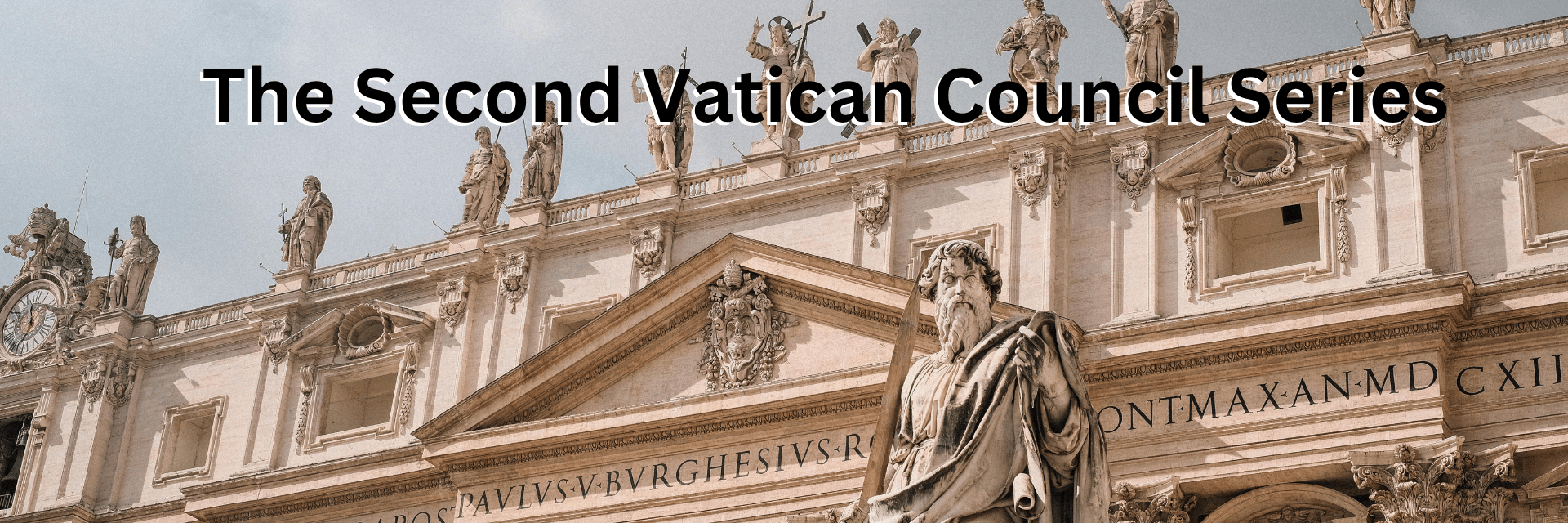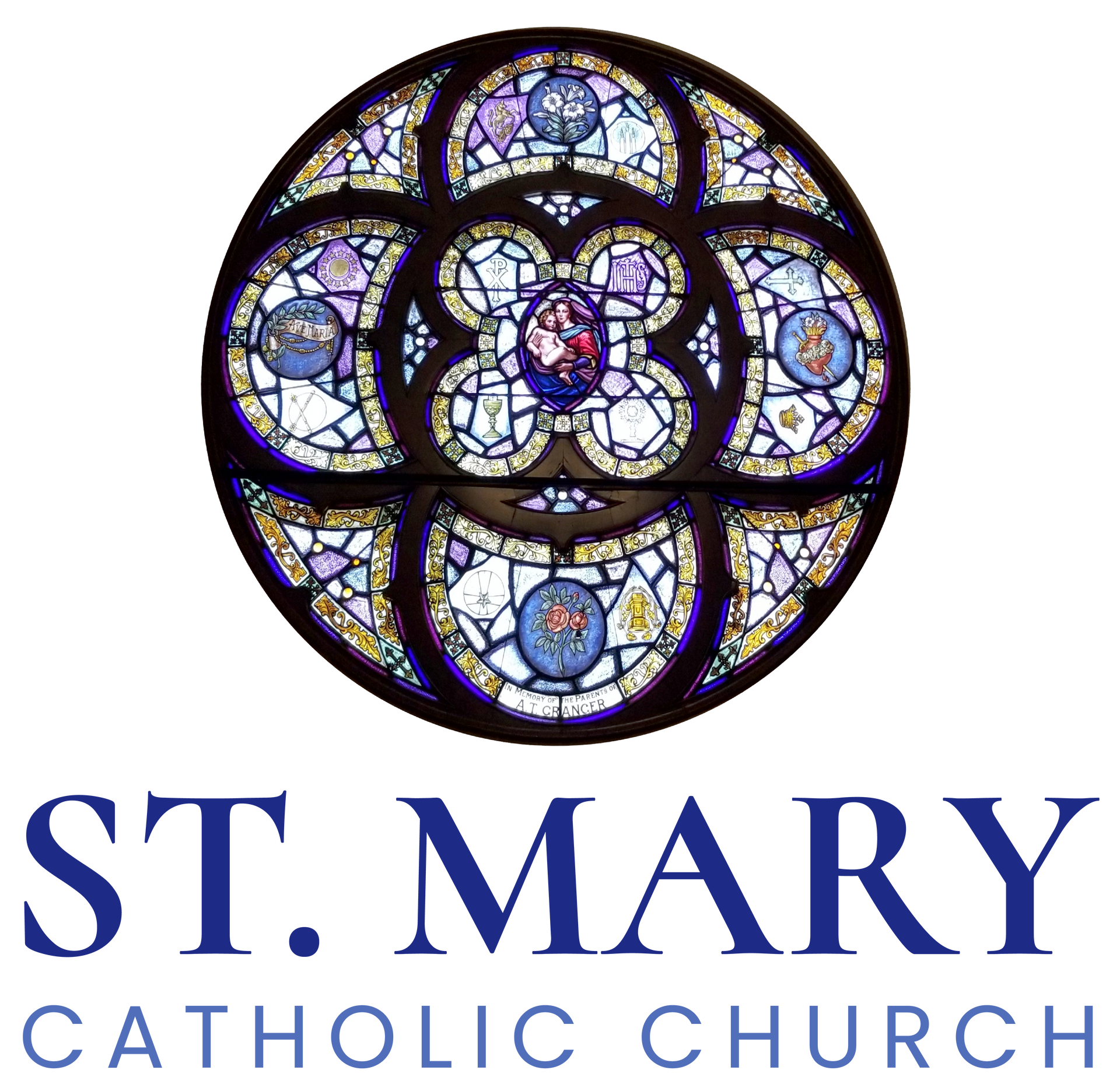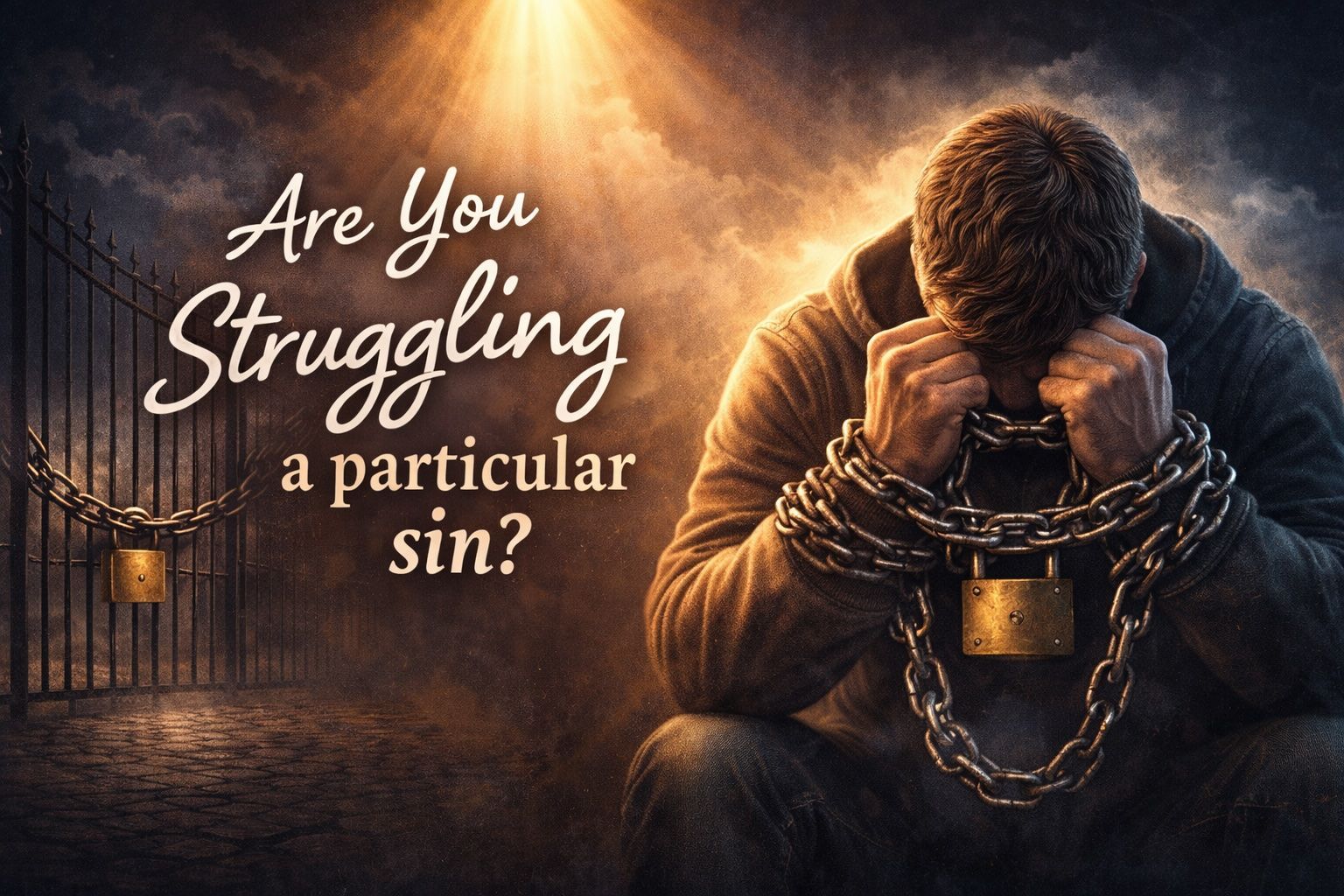9th Letter on Vatican II

IX. Some Problems with the SSPX
In all of my previous letters, I have addressed Traditionalist concerns centering around the Second Vatican Council, the Mass, and Holy Orders. Up until now, I have been basically employing a defensive strategy – defending the Church against Traditionalist arguments. Now I’d like to go on the offensive because it is important that we remain Traditional Catholics without straying into the ideologies of the Traditionalist (as I defined in my first bulletin letter in this series).
Any of you who have contact with the SSPX clergy or members recognize that many of them have no problem telling you that you should not go to a Novus Ordo Mass. That is bad enough, but it gets worse. Even if a priest who is not part of the SSPX celebrates the Traditional Latin Mass (TLM), many of the SSPX priests will tell you not to attend that Mass. They will deny the validity of any sacraments that a non-SSPX priest celebrates. They will put into question the validity of the ordination of the non-SSPX priest.
If you have been following my bulletin inserts, I have already addressed those issues and shown the validity of the sacraments, the council, and pope’s authority to make those changes after the Second Vatican Council. While many in the SSPX may be so quick to speak about what they believe to be deficient in those clergy who are in full Communion with Rome, let me speak about what the SSPX priests lack, and the danger that is posed. To put it another way, what do I have that they do not?
First of all, I can celebrate the Traditional Latin Mass. I can celebrate the sacraments according to the traditional form, so there is nothing that they can do that I cannot do. But what do I have that they do not? I have legitimate authority and jurisdiction.
The problem of Jurisdiction and Authority.
As a priest of the Archdiocese of Portland in Oregon, I have a legitimacy that they do not. I have been sent by my Archbishop, and the Archbishop has been sent by the Pope. I am in full communion with the One, Holy Catholic, and Apostolic Church.
Here is a quote from the council of Trent that was written to address issues with the so-called Old Catholics, however, it could also apply to the bishops of the SSPX order:
[Certain bishops] ... being in a manner wanderers, having no fixed see,... do, by an evasion and in contempt of the law, of their own rashness, choose, as it were, an Episcopal chair in a place which is not of any diocese, and presume to mark with the clerical character, and to promote even to the sacred orders of the priesthood, any that come unto them, even though they have no commendatory letters from their own bishops, or prelates[.]
These bishops do not have the authority to send the priests they ordain anywhere they like, and they have no one in lawful authority over them.
The old Baltimore Catechism asks the question:
Q. Can bishops, priests, and other ministers of the Church always exercise the power they have received in Holy Orders? A. Bishops, priests, and other minsters of the Church cannot always exercise the power they have received in Holy Orders unless authorized and sent to do so by their lawful superiors?
I echo our Lord’s words in John’s Gospel: “I can do nothing on my own authority; as I hear, I judge; and my judgement is just because I seek not my own will but the will of Him who sent me” (John 5:30).
And these SSPX priest who are in various places around the world, do not really have any lawful superiors. Jesus was sent by the Father; the Apostles were sent by Our Blessed Lord; the early bishops were sent by the Apostles; and the disciples were sent by Apostles and the bishops who are the successors of the Apostles in union with Peter. By whom are these SSPX priests sent, and by whom are the governed?
In the 23rd Session of Trent., Chapter 4, Canon 7.: we read: “If anyone sayeth,... That those who have neither been rightly ordained, nor sent, by ecclesiastical and canonical power, but come from elsewhere, are lawful ministers of the word and of the sacraments; Let him be anathema.” This is serious stuff.
The Issue of Stagnancy.
The communities of the SSPX petrified or ossified in a particular time period. There is little growth that can happen. Many refuse to accept, for example, the New Catechism of the Catholic Church that was promulgated by Pope John Paul II. We have this deep and profound resource that explains and furthers the faith and pushes toward evangelization, but it will not be accepted. No pope is truly their superior.
I have heard first-hand accounts of people from the SSPX refusing Last Rites because the priest attending them was a so-called Novus Ordo priest, which begs the question what kind of Sacramental Theology is being taught by the SSPX communities? This is dangerous, and it is even putting peoples’ eternal salvation at stake.
What if one of the SSPX bishops decided to come back into the fold of the Church, do you think that the priests that they ordained would follow them back the Church? Where is the authority?
Abbé Emmanuel Berger, a former SSPX priest wrote the following after leaving the society:
On the problem of mission and the question of our jurisdiction [...]. The thesis accepted as authoritative in the Society is Bishop Tissier’s, expressed in his Paris conference of March, 1991. On the one hand, he rests his argument on the case of necessity; On the other hand, on the needs of the faithful who turned to us. It is a supplied jurisdiction, or in the end, it is the faithful's request which gives us jurisdiction, case by case [...]. I find it difficult to reconcile this position with the hierarchical structure of the Church, where the apostolate is necessarily based. On the mission which can only come from above. It has been written that I have deserted my post and abandoned the flock. But, on the one hand, it was not my flock; It has been entrusted to me. By superiors to whom this flock did not belong” (Berger, Letter to Bishop Bernard Felley).
Conclusion:
The Traditionalists may claim that the Church has strayed from her mission in embracing modernist errors and has destroyed the liturgy. I have shown in previous letters that this is not the case. But they have strayed from the jurisdictional authority of the Church. By whom have they been sent? By themselves? By the people they serve? Never in the history of the Church have those things provided legitimate authority. Is not the heart of the modernist error a rejection of the Church's authority to interpret scripture and dogma, often prioritizing human reason and my own interpretation above divine revelation?
What can be more Catholic ... what can be more in-line with the traditional teachings of the Church than being sent? Jesus was sent by the Father on a mission to bring salvation to the world. He accomplished this mission by creating his bride the Church. He instituted a hierarchical structure with Peter and the other Apostles, and He sent his Apostles into the world to proclaim the saving message of the Gospel. The Apostles in turn sent out bishops, priests, and deacons, and sent disciples on mission to the entire world.


